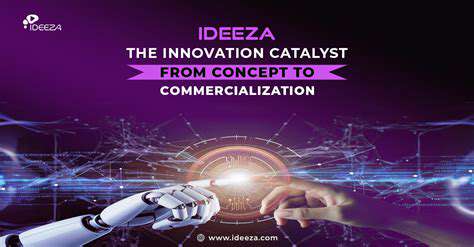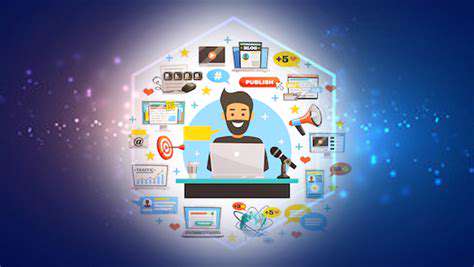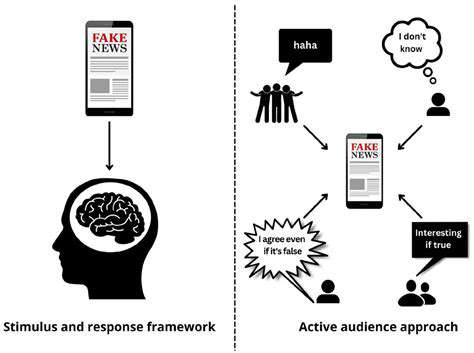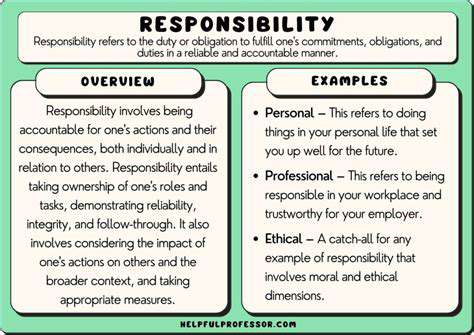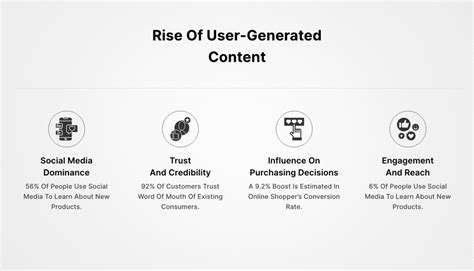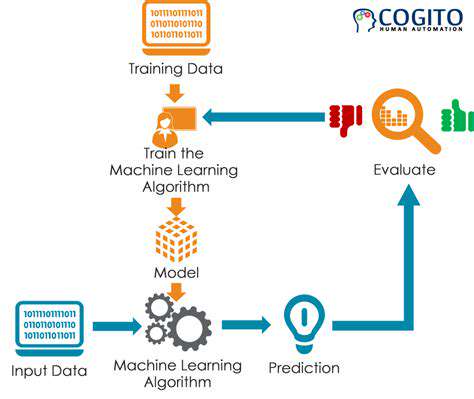AI and the Future of Music Production
Enhancing Musical Creativity
AI's ability to analyze and synthesize vast amounts of musical data opens doors to unparalleled creative exploration. Instead of simply replicating existing styles, AI can act as a catalyst for innovation, suggesting novel harmonic progressions, rhythmic variations, and melodic motifs. This collaborative approach frees musicians from the constraints of traditional methods, allowing them to focus on refining and personalizing the AI-generated ideas to create truly original compositions.
Imagine a composer grappling with a challenging passage in a symphony. AI could offer suggestions for resolving a dissonance, or even generating entirely new thematic material that complements the existing structure. This kind of collaborative partnership empowers musicians to push creative boundaries and explore musical landscapes they might not have conceived on their own.
Personalized Sonic Experiences
AI can tailor music to individual preferences and create deeply personalized sonic experiences. By analyzing listening history, emotional responses, and even physiological data, AI can curate playlists that resonate with the listener on a profoundly personal level. This goes beyond simply recommending songs; it involves creating unique sonic environments that evoke specific feelings and memories.
Imagine a personalized soundtrack for a workout, a calming ambient soundscape for meditation, or a dynamic score that adapts to the changing emotions and moods of the listener in real-time. This level of personalization revolutionizes the way we interact with music, transforming it from a passive experience into an active, responsive element of our lives.
Revolutionizing Music Production
AI is poised to streamline the music production process, automating tasks like mixing, mastering, and even composing basic tracks. This automation frees up valuable time for musicians to focus on more creative aspects of the process, such as arrangement, performance, and emotional expression. This efficiency can lead to increased productivity and the creation of a wider range of musical output.
From automating complex audio editing to providing real-time feedback on mixing, AI can dramatically improve the workflow in music production studios. This allows musicians to focus on the nuances of their art and craft, leading to more refined and polished final products. AI acts as a powerful assistant, enabling musicians to bring their visions to life more effectively and efficiently.
Democratizing Music Creation
AI tools can lower the barrier to entry for aspiring musicians, making music production more accessible and affordable. By providing intuitive interfaces and powerful yet user-friendly tools, AI empowers individuals with limited technical expertise to create and share their own music. This democratization of music creation fosters a vibrant ecosystem of independent artists and innovative musical expressions.
Imagine a world where anyone, regardless of their background or resources, can create and share their music with the world. AI tools, coupled with accessible online platforms, can help realize this vision, fostering a more diverse and inclusive music scene. This democratization fosters creativity and innovation, allowing new voices and perspectives to emerge and shape the future of music.
Building a strong team environment hinges on fostering trust and respect among its members. This isn't about simply being polite; it's about creating a space where individuals feel safe to share ideas, admit mistakes, and offer constructive criticism without fear of judgment or retribution. Open communication, active listening, and valuing diverse perspectives are crucial elements in establishing this foundation. When team members trust one another, they are more likely to collaborate effectively and support each other through challenges, ultimately leading to greater productivity and a more positive work environment.
The Future of Music Production: A Fusion of Human and Artificial Creativity
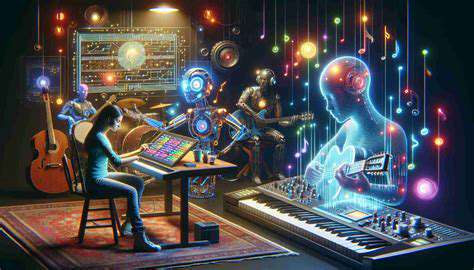
The Rise of AI-Powered Tools
Artificial intelligence (AI) is rapidly transforming various industries, and music production is no exception. AI-powered tools are emerging that can automate tasks, generate new ideas, and enhance creativity in ways previously unimaginable. These tools are poised to democratize music production, making it accessible to a wider range of individuals and fostering a more collaborative and innovative environment. For example, AI can compose melodies, harmonies, and rhythms, freeing up producers to focus on arranging and mixing. Furthermore, AI-powered software can analyze existing music to identify patterns and suggest improvements, leading to more sophisticated and refined tracks.
Imagine a future where complex musical arrangements are generated in mere seconds, tailored to a specific mood or genre. AI algorithms can learn from vast datasets of musical styles and structures, creating unique and compelling soundscapes that push the boundaries of traditional composition. This could lead to a surge in musical creativity, with new styles and genres emerging as AI-powered tools continue to evolve. Moreover, these tools can enhance the creative process for experienced producers, providing valuable insights and suggestions that inspire new approaches and perspectives.
The Importance of Human Creativity in the Age of AI
While AI is undoubtedly revolutionizing music production, it's crucial to remember that human creativity remains essential. AI tools can assist in generating ideas and automating tasks, but they can't replicate the unique emotional depth and artistic vision that human musicians bring to their work. The true artistry lies in the interpretation, arrangement, and emotional connection that a human producer brings to the music. The role of the human producer is shifting from purely technical execution to strategic direction and emotional expression. This evolution requires a new set of skills that combine technical proficiency with creative vision.
The integration of AI and human creativity offers a powerful synergy. Human musicians can leverage AI tools to expand their creative horizons, exploring new sonic possibilities and pushing the boundaries of musical expression. By combining human ingenuity with the power of AI, we can unlock a new era of musical innovation and create music that is both technically sophisticated and emotionally resonant. Ultimately, the future of music production hinges on the ability of humans and AI to collaborate effectively, each contributing their unique strengths to create something greater than the sum of its parts.
The integration of AI into music production is not just about automation; it's about empowering musicians to focus on the core elements of musical expression. AI can handle the tedious tasks, allowing artists to concentrate on the artistic choices that make music compelling. This shift in focus will likely lead to more experimentation and innovation, resulting in a wider range of unique musical styles and genres.
Read more about AI and the Future of Music Production
Hot Recommendations
- Immersive Culinary Arts: Exploring Digital Flavors
- The Business of Fan Funded Projects in Entertainment
- Real Time AI Powered Dialogue Generation in Games
- Legal Challenges in User Generated Content Disclaimers
- Fan Fiction to Screenplays: User Driven Adaptation
- The Evolution of User Driven Media into Global Entertainment
- The Ethics of AI in Copyright Protection
- Building Immersive Narratives for Corporate Training
- The Impact of AI on Music Discovery Platforms
- AI for Audience Analytics and Personalized Content

